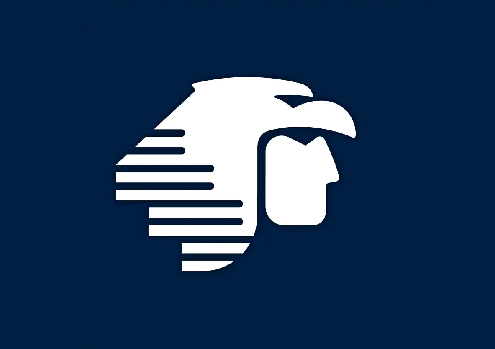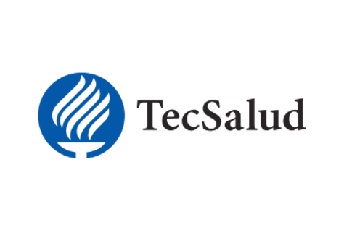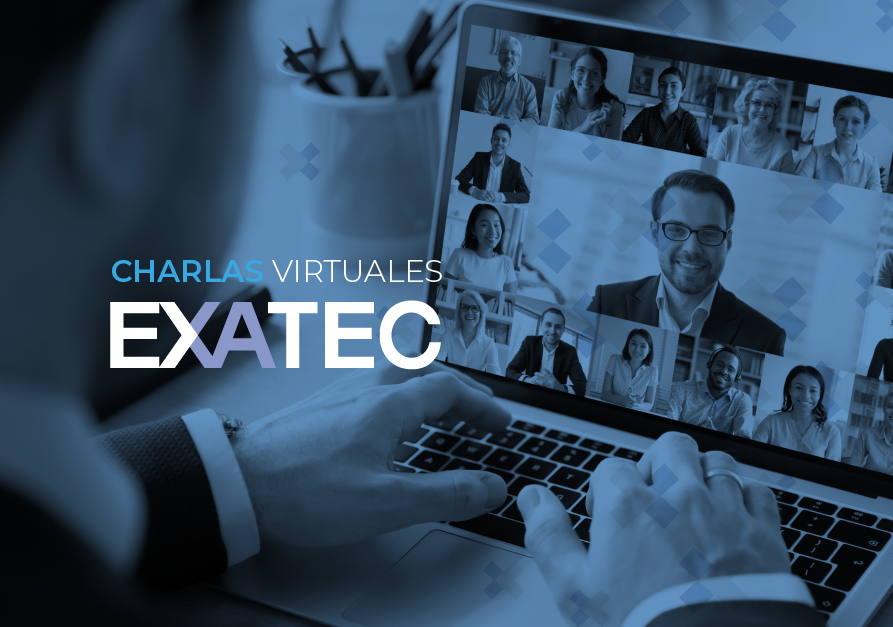"In the event of a discrepancy between the content of the English version and the original Spanish version the latter shall prevail".
Identity and address of the responsible entity
The entity responsible for the personal information that you provide is Instituto Tecnológico y de Estudios Superiores de Monterrey (hereinafter “ITESM”), address Av. Eugenio Garza Sada Sur No. 2501, Colonia Tecnológico, Monterrey, Nuevo León, Mexico, C.P. 64700.
Personal data and sensitive personal data processed by ITESM
As part of your registration as a participant in the Virtual Career Fair, ITESM will collect and process the following categories of personal data: identification (including image), contact, academic, employment, and CV content.
Moreover, in order to fulfill the primary and necessary purposes indicated herein, ITESM will not collect or process any sensitive personal data.
Primary purposes
ITESM will process your personal information for the following primary and necessary purposes:
- To address, record, and follow up on your request(s) for information.
- To verify that you meet the participation requirements.
- To carry out the activities related to your participation in the Fair.
- To share your CV with the companies that have vacancies to which you have decided to apply.
- To know your opinion of your participation in the Fair.
- To address, record and follow up on any complaints you may file.
- To generate statistics for internal control purposes.
- To handle and manage electronic access to the systems and technological infrastructure in order to carry out the Fair.
- To keep a historical record of your participation.
We should like to inform you that you cannot ask ITESM to cease from the treatment of your data for the aforementioned purposes, since such treatment is necessary in order to provide you with the services requested.
Transfers
In order to fulfill the aforementioned necessary purposes or any others required by law or by the competent authorities, ITESM will transfer the necessary personal data to the following organizations and for the following purposes:
| Third party receiving personal data |
Purpose |
Content |
| Companies registered at the Virtual Career Fair |
To send them your Curriculum Vitae when you apply to their vacancies. |
Required |
ARCO rights and/or revocation of consent
You or your legal representative can exercise any of your rights of access, rectification, cancellation or opposition (hereinafter “ARCO rights”), and revoke your consent for the processing of your personal data by sending an email and following the procedure, requirements, and deadlines for the exercise of your ARCO rights and/or revocation of consent on our webpage: https://tec.mx/es/derechos-arco-yo-revocacion-del-consentimiento.
Please note that we cannot address your request or terminate use immediately in every case, since a legal obligation could be in place that requires us to continue to process your data.
Use of Cookies
We would like to inform you that some of our webpages use cookies and other technologies that serve to monitor your behavior as an Internet user and to provide you with a better service and browsing experience on our site.
The personal data that can be obtained through the use of these technologies are: Identifiers, session username and passwords, region where you are located, type of browser, type of operating system, date and time of starting and finishing a session, webpages visited, searches completed, and advertising viewed. These technologies can be disabled by following the procedures of the internet browser you are using.
Changes to this Privacy Notice
ITESM reserves the right to modify, change or update this privacy notice at any time. The updated version of this notice is available at: https://tec.mx/es/aviso-de-privacidad-feria-virtual-de-empleo.
Last updated: 21/05/2020











